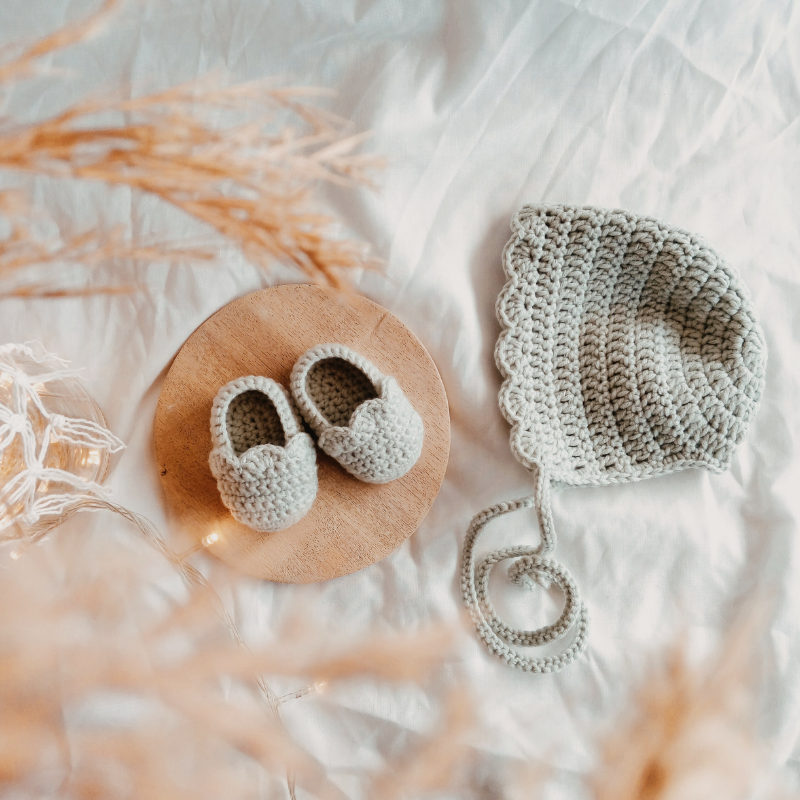Tips for Those Who Have Lost a Child

Being pregnant means being part of something new. It is an incredible feeling to know that a life is growing inside you, but often this feeling is mixed with a fear that something might happen. We know that miscarriage is the absolute last thing you want to think about during a pregnancy, but we also know that it is something that sometimes happens.
If you are one of those who have an angel baby, we want to start by expressing our condolences. No one should have to go through what you have gone through. We also want to share a few tips that can hopefully help you, at least a little bit, in your grief and healing process.
10 Tips for Those Who Have Lost a Child
- First of all, let it take time. Grieving is tough and long. Let it take the time you need to understand and process what has happened.
- Gather memories if you can. You have probably been asked if you want to see your child or if you want footprints and handprints. It is, of course, highly individual, but we advise you to say yes to the opportunity. Even if it feels heavy right now, there will come a day when you are grateful to be able to look back and remember.
- Don't blame yourself. It is common to blame oneself for the miscarriage. Was it something I ate or something I did? In 99% of cases, the answer is no, it was not your fault.
- Find out as much as you can about what happened to you and your child. No questions are stupid. Often, you ask yourself "why?" and by getting all the facts you can, it can help you process what has happened.
- Write down all the information you get. Losing a child is traumatic, and it can be difficult to take in information at the moment. Write down all the questions you have and all the information you get, or if it is too hard, ask your partner or a relative to do it for you.
- Take care of your body. Thank your body and yourself for everything you can endure and give yourselves what you need, which in the beginning is probably lots of rest, love, and calm.
- Contact the Infant Death Foundation. Relatives can support in the best way they can, but by talking to the volunteers at the Infant Death Foundation who all have their own experiences, you get to talk to someone who has had a similar experience to yours. It can feel very comforting and relieving to talk to someone who truly understands your grief and frustration.
- Contact a counselor. In addition to talking to others who have gone through similar situations, you should contact a counselor who supports grief work. You are usually offered this at the hospital; otherwise, it is good to ask for one.
- Dare to be sad and feel all the emotions that come. Grief is not dangerous. Grief is extremely powerful and difficult to handle, but if you dare and can be in it, it can actually change you fundamentally. Fully accept your grief. Grief can change and refine you into something greater and richer than you thought possible.
- Dare to feel hope for the future and dare to become pregnant again when you feel ready. Nothing says that the next pregnancy will end the same way, so if you want to try again, go ahead.
The pain and sorrow will always remain, but no matter how strange it sounds right now, it will get easier day by day. You will get through this, and with the right help, you will come out of the sorrow with a completely different strength than before.
You are amazing, it is not your fault that it turned out the way it did. Don't blame yourself, don't blame your body. Take care of yourself and most importantly, allow yourself to be taken care of ♡
```
